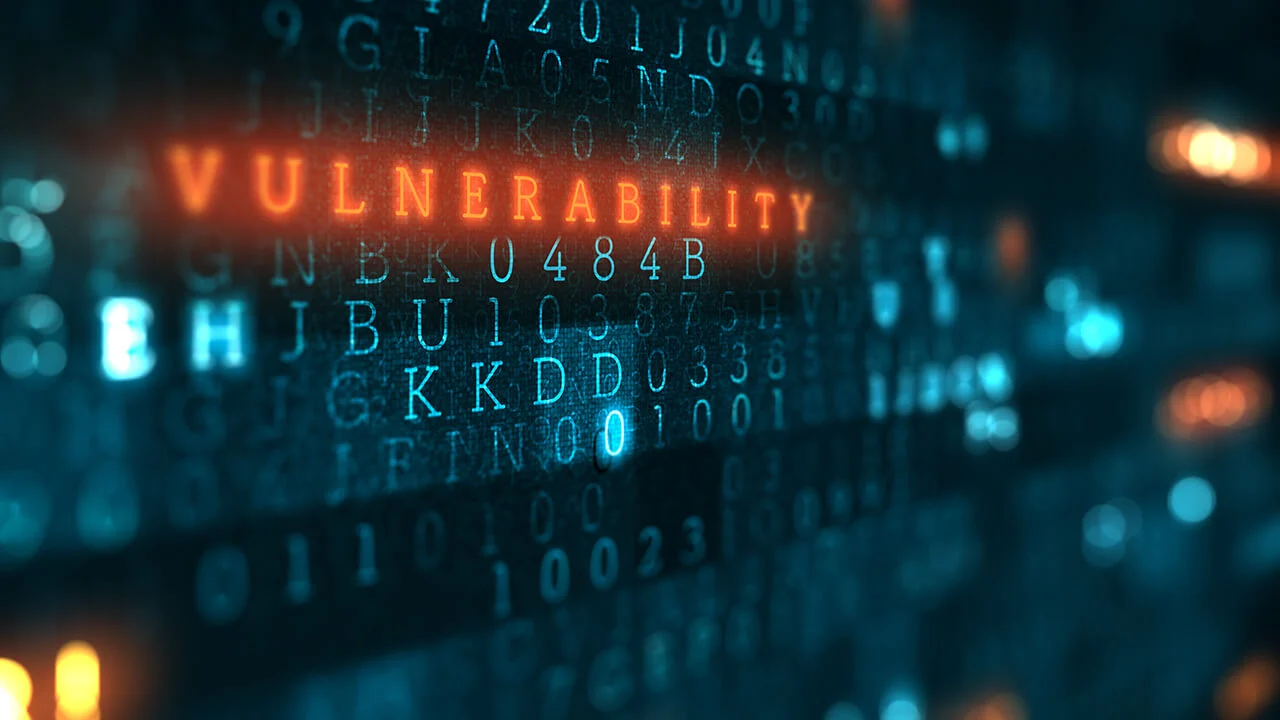ISO/IEC 21827 Software Security Capability Testing
The ISO/IEC 21827 standard provides a comprehensive framework for assessing and improving software security within organizations. This service focuses on the Software Security Capabilities (SSCs), which are defined as the processes, practices, and resources that an organization uses to achieve its software security objectives. The ISO/IEC 21827 standard is particularly relevant in sectors where cybersecurity and compliance with international standards are critical, such as military testing.
The process involves evaluating a software product's security capabilities across various dimensions, including policy management, threat modeling, requirements analysis, design reviews, implementation, and more. This ensures that the software can withstand potential threats and vulnerabilities that could compromise its integrity or confidentiality.
For quality managers and compliance officers in military testing environments, this service is essential for ensuring that their software products meet stringent security requirements. R&D engineers will benefit from understanding how to integrate security into every phase of the development lifecycle. Additionally, procurement teams can leverage this service to verify that suppliers adhere to best practices.
The standard defines a structured approach using several key elements:
- Security goals
- Software security capabilities and activities
- Security requirements
- Assurance evidence
- Security management processes
The evaluation typically begins with an assessment of the organization's existing practices against the standard. This includes reviewing documented procedures, interviewing key personnel, and conducting on-site visits to observe actual operations. Once the baseline is established, areas for improvement are identified based on gaps between current practices and best practices outlined in ISO/IEC 21827.
A detailed report summarizing findings and recommendations is provided after completion of the evaluation process. This document serves as a roadmap for enhancing software security capabilities within an organization. It includes actionable steps that can be taken to address identified weaknesses, along with estimated timelines for implementation.
Implementing ISO/IEC 21827 ensures compliance with relevant regulations and industry standards while fostering a culture of continuous improvement in software security practices.
Benefits
Earning the ISO/IEC 21827 certification brings numerous advantages to organizations, particularly those involved in military testing. Here are some key benefits:
Enhanced reputation: Demonstrating adherence to internationally recognized standards enhances credibility and trustworthiness among stakeholders.
Increased competitiveness: Compliance with this standard positions your organization as a leader in software security, making it more attractive to clients and partners.
Reduced risk exposure: By identifying and addressing potential vulnerabilities early in the development process, you minimize risks associated with cyber threats.
Better resource allocation: Understanding where resources are best spent allows for efficient budgeting and prioritization of security investments.
Improved internal controls: Implementing robust security practices fosters a culture of responsibility throughout the organization.
Facilitated regulatory compliance: Many governments mandate adherence to specific standards like ISO/IEC 21827 for sensitive projects or contracts.
These advantages contribute significantly to overall operational efficiency and long-term sustainability of your military testing operations.
Why Choose This Test?
Comprehensive assessment: ISO/IEC 21827 provides a thorough evaluation of software security capabilities, covering all stages from policy creation to final implementation.
International recognition: Adherence to this standard is globally accepted and widely respected in the field of cybersecurity.
Proven methodology: The structured approach used in ISO/IEC 21827 has been tested and validated through numerous successful implementations worldwide.
Measurable outcomes: Clear metrics are provided to assess progress and measure improvements over time.
Expert guidance: Our team of experienced professionals ensures that every aspect of the evaluation is conducted with precision and thoroughness.
Selecting this service guarantees access to cutting-edge knowledge and tools designed specifically for enhancing software security capabilities. This commitment to excellence sets us apart from other providers offering similar services.
Use Cases and Application Examples
R&D departments seeking validation of their current processes against international best practices.
Compliance officers looking to ensure compliance with specific regulatory requirements for software development projects.
Military contractors aiming to meet stringent security standards set by government agencies.
Development teams wanting detailed insights into how they can improve their existing security measures.
In practice, this service has been successfully applied in various scenarios. For instance, a defense contractor used ISO/IEC 21827 to evaluate the effectiveness of its internal controls during software development for sensitive military applications. Another example includes an R&D lab that implemented this standard to align their security practices with international standards before bidding on large government contracts.
These real-world examples underscore the versatility and applicability of ISO/IEC 21827 across different types of organizations operating in high-stakes environments like military testing.





